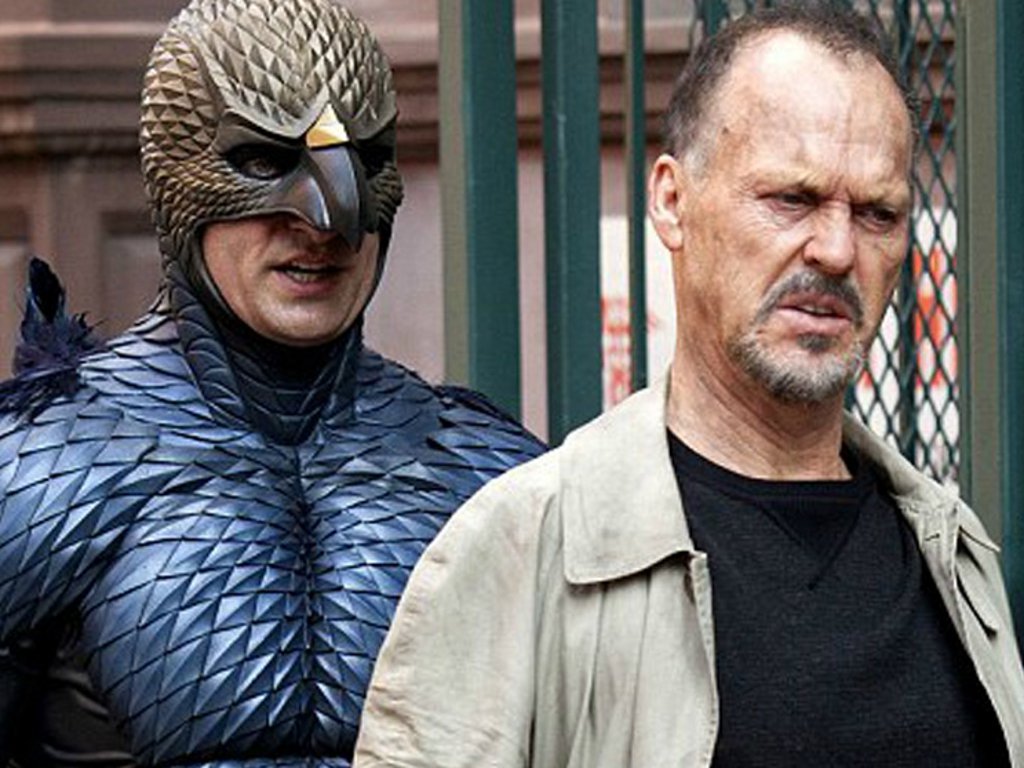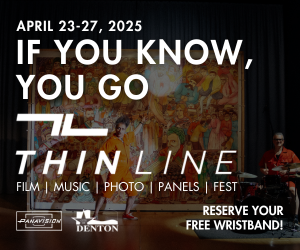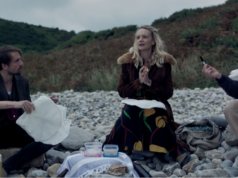Remember the conversation in Neighbors this past summer, when Seth Rogen and Zac Efron’s characters argued about whether Michael Keaton or Christian Bale was the better Batman? It was telling — Rogen’s character is old enough to remember when Keaton was one of Hollywood’s biggest stars. More than just an action hero, Keaton was also great in everyday, relatable parts (Clean and Sober) and fascinatingly manic and weird (Beetlejuice). The A-list roles went away in the mid-1990s, without any public scandal, career-killing flop, or announcement that the actor intended to take a step back. I suspect we haven’t heard the full story about this yet. What is certain is that the 63-year-old Keaton returns to magnificent effect in Birdman, or (The Unexpected Virtue of Ignorance), a theatrical satire that’s one hell of a ride.
Keaton portrays Riggan Thomson, a faded Hollywood star who feels imprisoned by his fame for playing a comic-book superhero decades ago. Yearning to finally be taken seriously as an actor, he has sunk the last of his fortune into mounting a Broadway play that he’s written, a stage adaptation of Raymond Carver’s “What We Talk About When We Talk About Love” that he’s also directing and starring in. Dealing with fragile actors and the backbiting New York press, Riggan starts to hallucinate the rumbling bass voice of his superhero alter ego, which tells him the play is doomed to failure and that he should sell out and star in the fourth Birdman movie.
I’ve never cared much for director/co-writer Alejandro González Iñárritu, but this is easily his best work. The Mexican filmmaker had tumbled into a rut of chronicling the suffering of the human condition (21 Grams, Babel, Biutiful), but here he’s just telling a funny story about a somewhat deluded showbiz guy. González Iñárritu’s sense of humor, previously confined to his TV commercials, finally emerges in one of his films. When a falling stage light conks an inept cast member (Jeremy Shamos) on the head, Riggan observes, “That blood oozing from his ear is the most honest thing he’s done so far.”
Taking a cue from his film-school buddy Alfonso Cuarón (not to mention the services of Cuarón’s longtime cinematographer, Emmanuel Lubezki), the director tells this story in long takes with cuts that are so carefully hidden that I couldn’t detect a scene transition for the entire first hour. The long takes and Antonio Sánchez’ almost-entirely percussion score give this movie a hurtling quality that mirrors Riggan’s feeling of being in free-fall. As usual, González Iñárritu cuts the realism with moments of splendid beauty like the dingy liquor store whose walls and ceiling are completely covered in Christmas lights, but there’s also dazzling technical trickery, as in a 30-second interlude filled with explosions and a giant monster, when the movie turns into the sort of Hollywood blockbuster that it so despises.
That aside, the movie never adds up to a coherent critique of the superheroization of Hollywood. Its ideas are similarly undercooked when it touches on the relationship between artists and critics and the role of live theater in a digital world. And who can make sense of the makeout session between the play’s two female co-stars (Andrea Riseborough and Naomi Watts), one of whom happens to be Riggan’s girlfriend of the moment?
Still, this movie would be worth watching just for the actors, who are clearly kept on point by the long takes. Edward Norton turns in the funniest performance of his career as a replacement actor who’s a classic nightmare: a tantrum-throwing Method diva posing as an apostle of art and truth who’s regrettably good at his job. Even better is Emma Stone as Riggan’s daughter Sam, a recovering drug addict working as her dad’s personal assistant. We’ve known that Stone can be funny, but this is the first time she’s been powerful in a dramatic role, playing someone sad and broken who furiously explodes her dad’s pretensions: “You think this will make you relevant? You don’t even have a Facebook page! … You’re gonna be performing for a thousand rich old white people whose only concern is where they’re gonna get cake and coffee afterwards.”
Meanwhile, Keaton is vivid as a man risking his very sanity to do something he can be proud of. Much like Riggan, González Iñárritu finally embraces the craziness within himself, and the result is virtuosic like much else that he’s done but joyous like nothing else that he’s done. Birdman ends with Sam looking down at the street for the truth, only to realize that it’s up in the sky. The same seems to have happened for a talented filmmaker finally starting to live up to his promise.
[box_info]
Birdman, or (The Unexpected Virtue of Ignorance)
Starring Michael Keaton, Edward Norton, and Emma Stone. Directed by Alejandro González Iñárritu. Written by Alejandro González Iñárritu, Nicolás Giacobone, Alexander Dinelaris, and Armando Bo. Rated R.
[/box_info]












